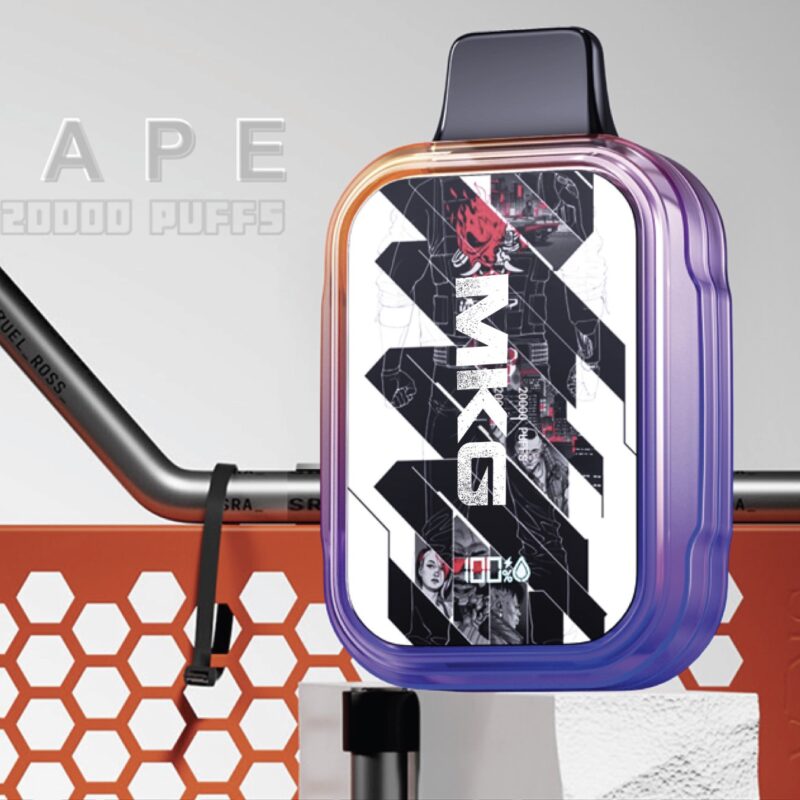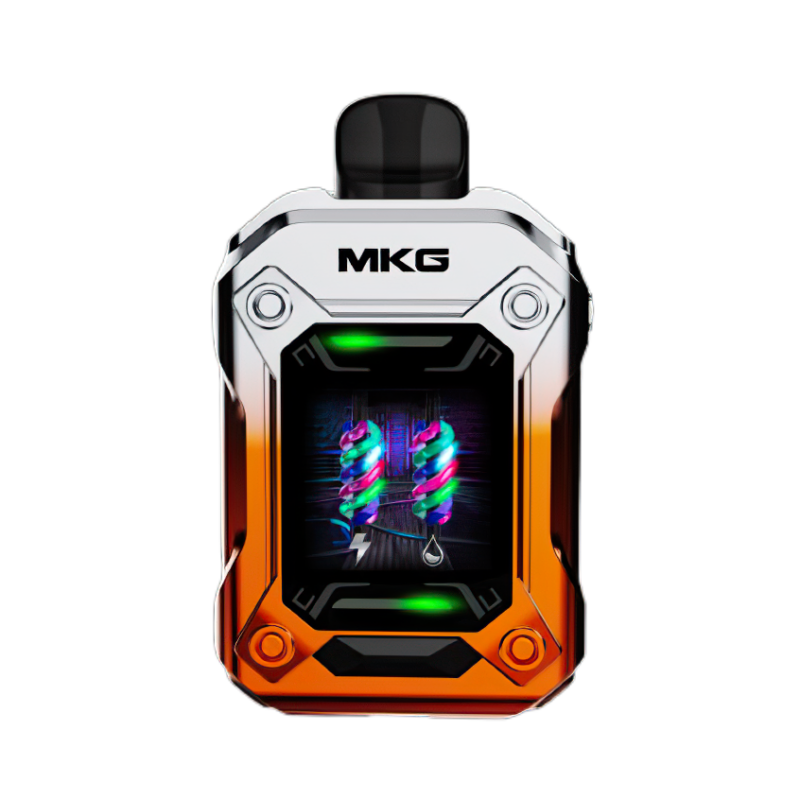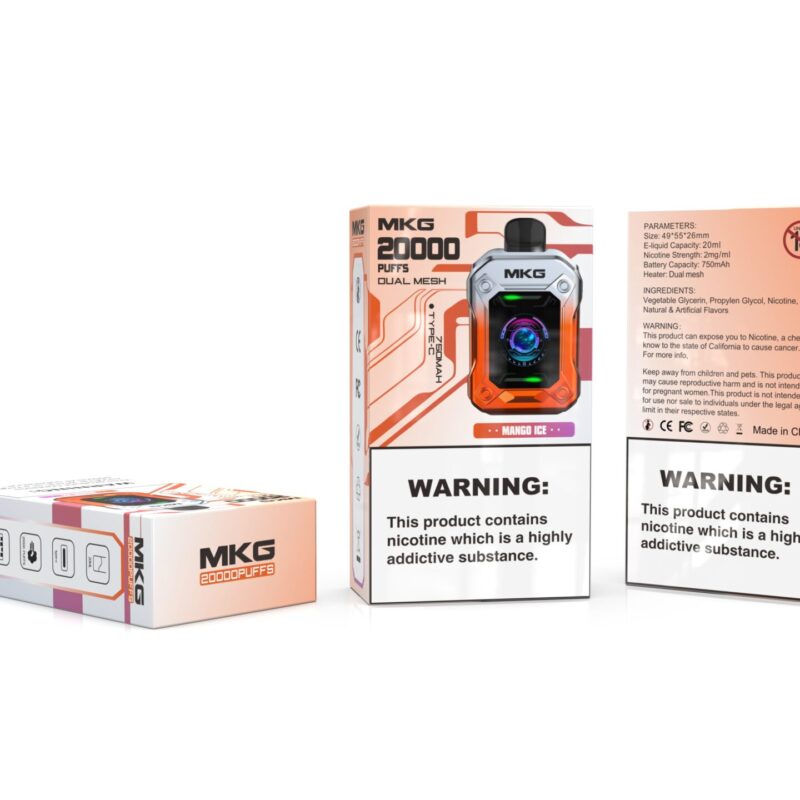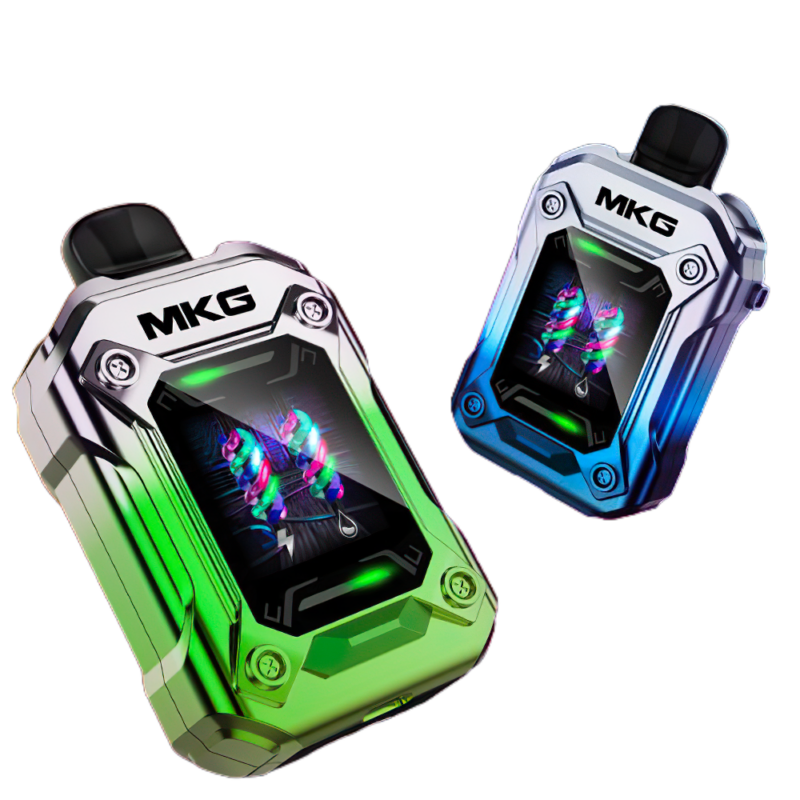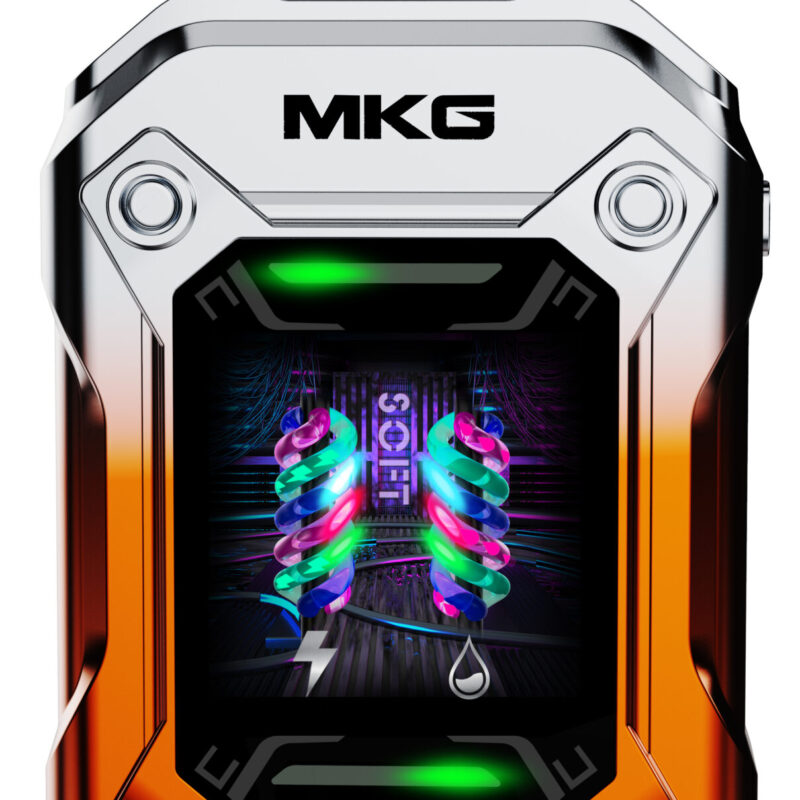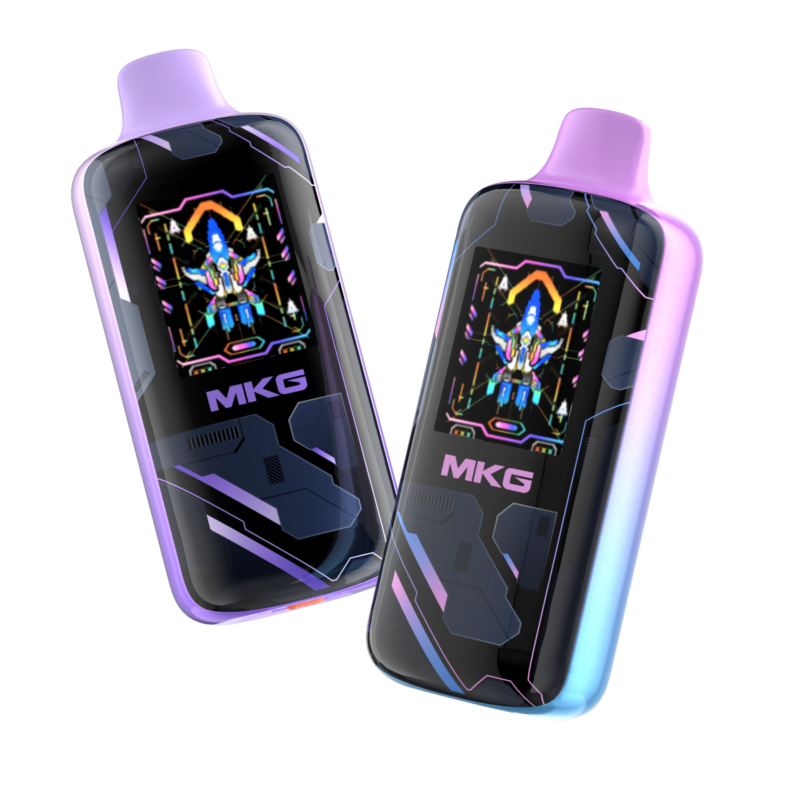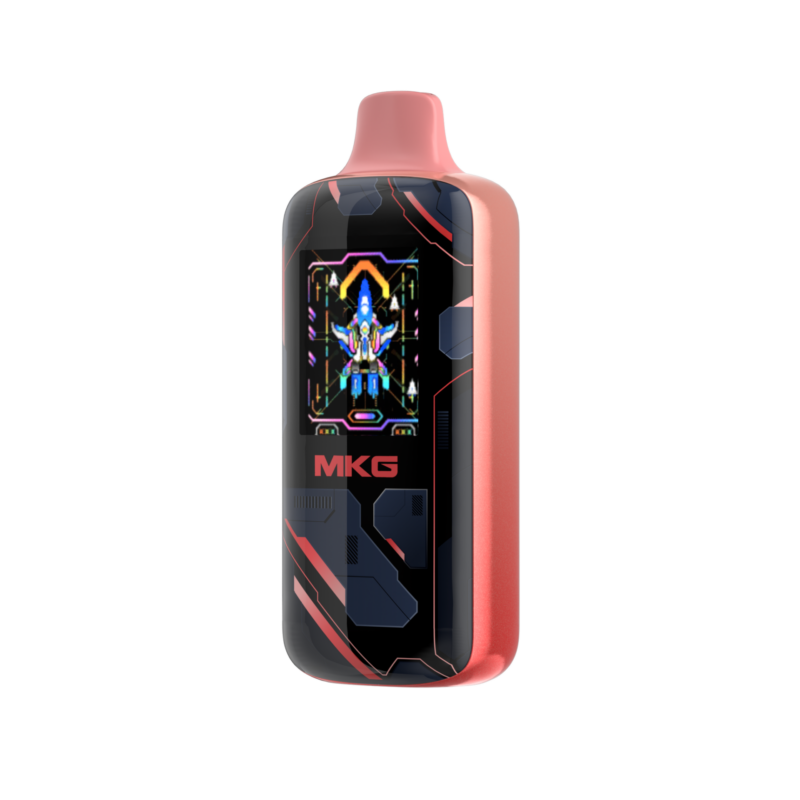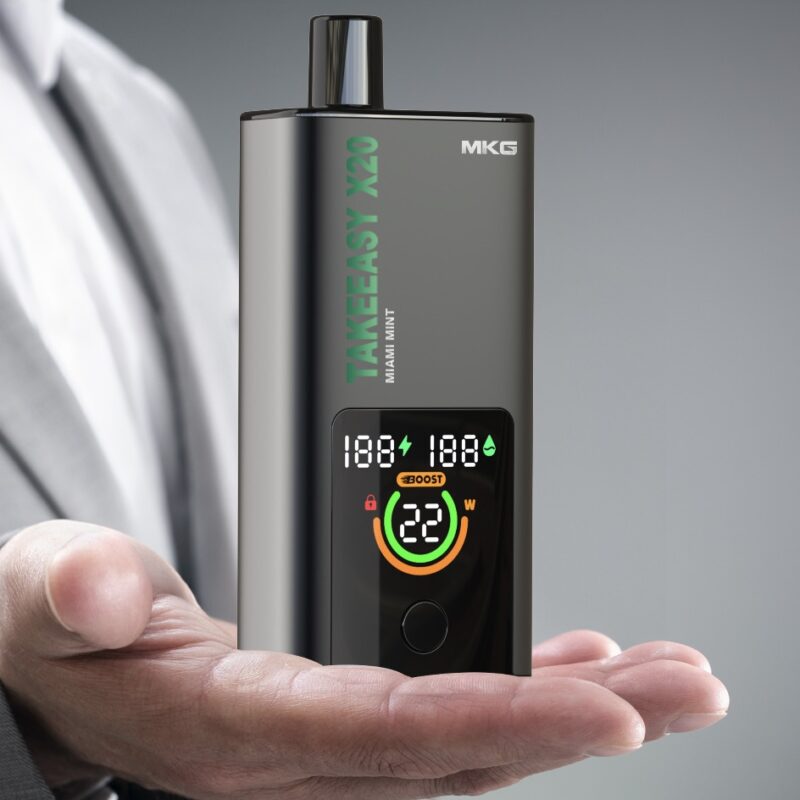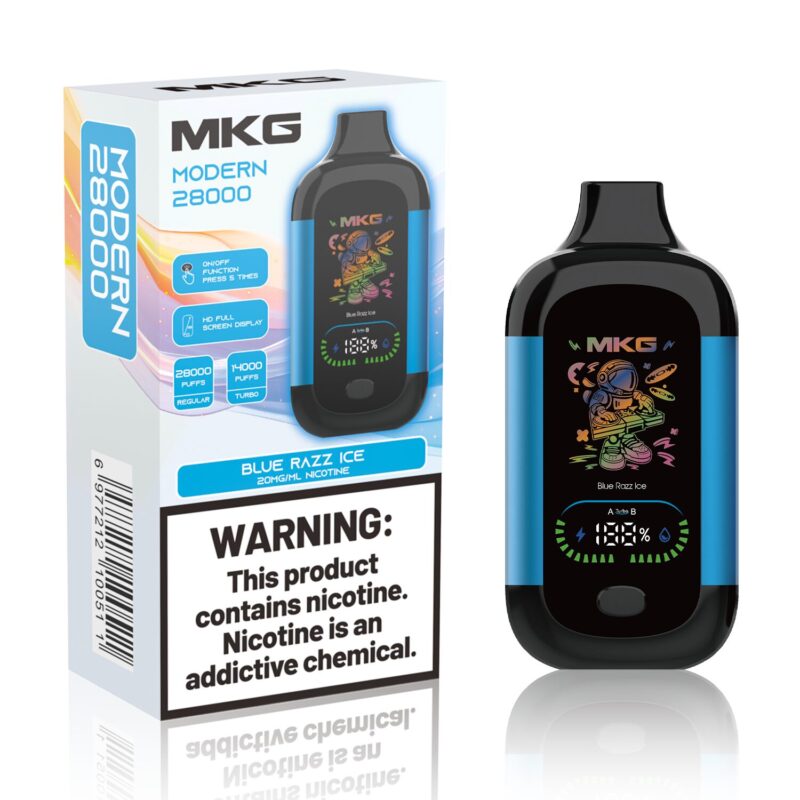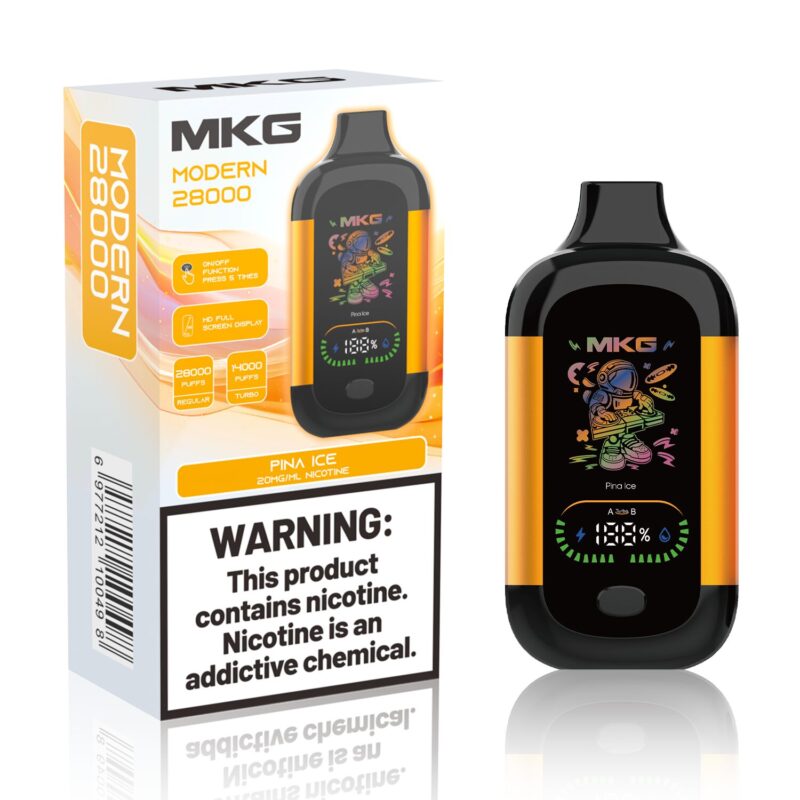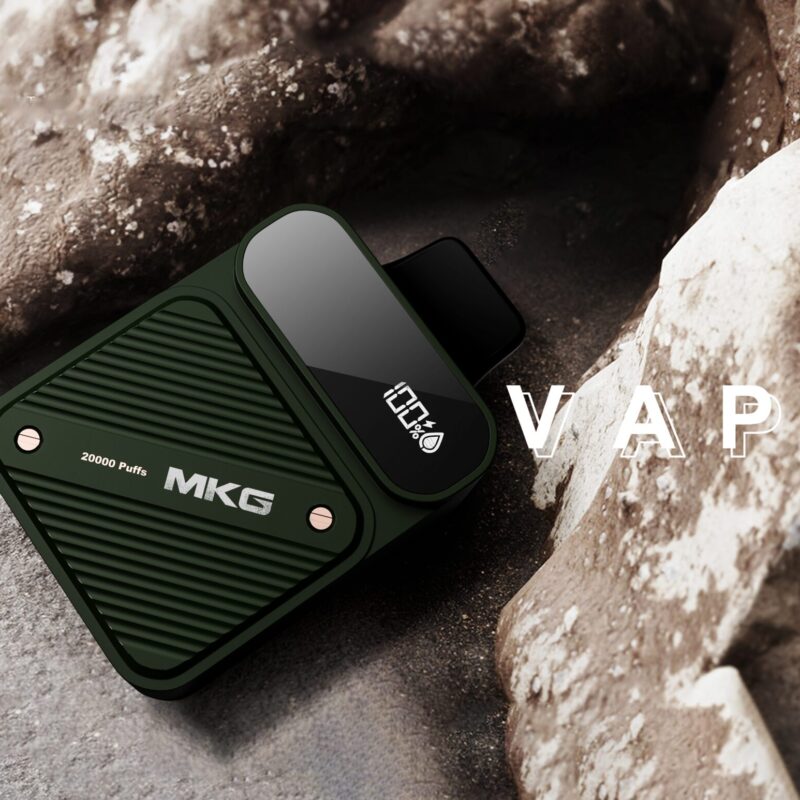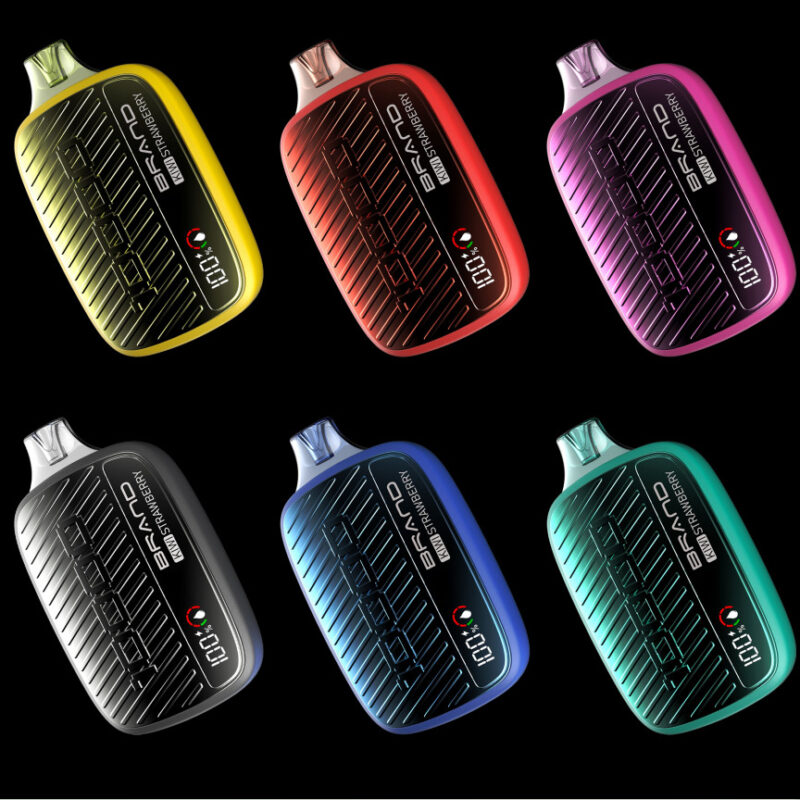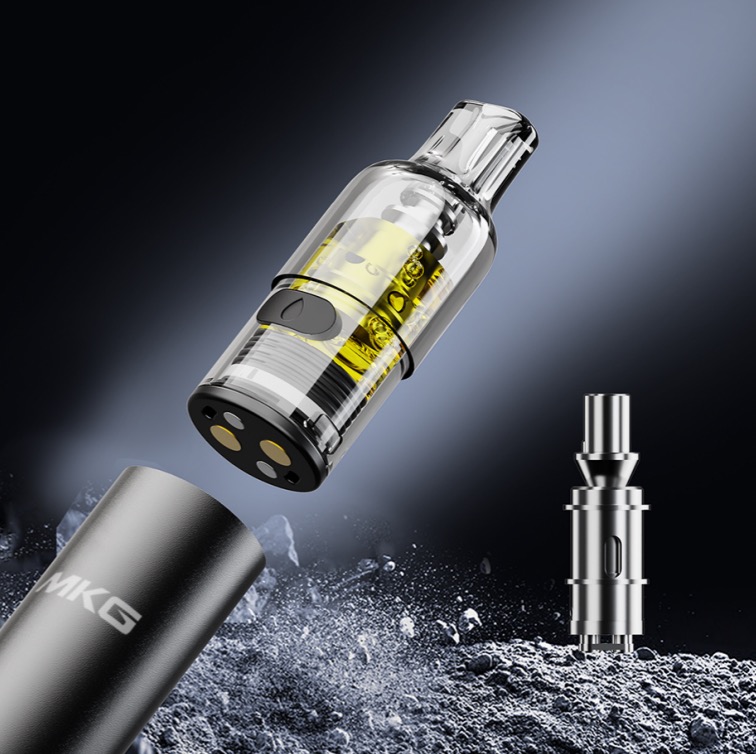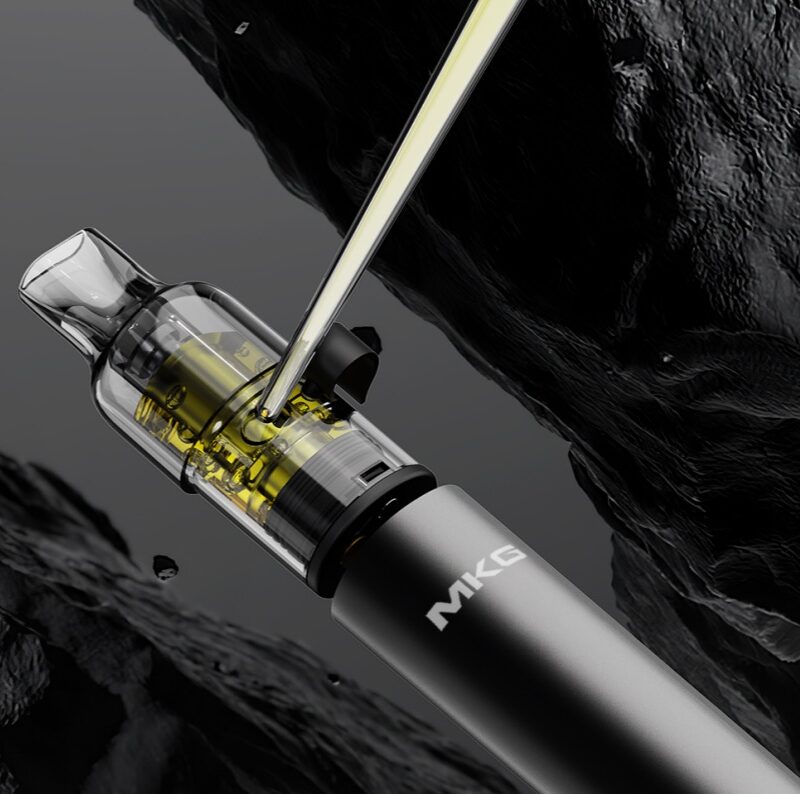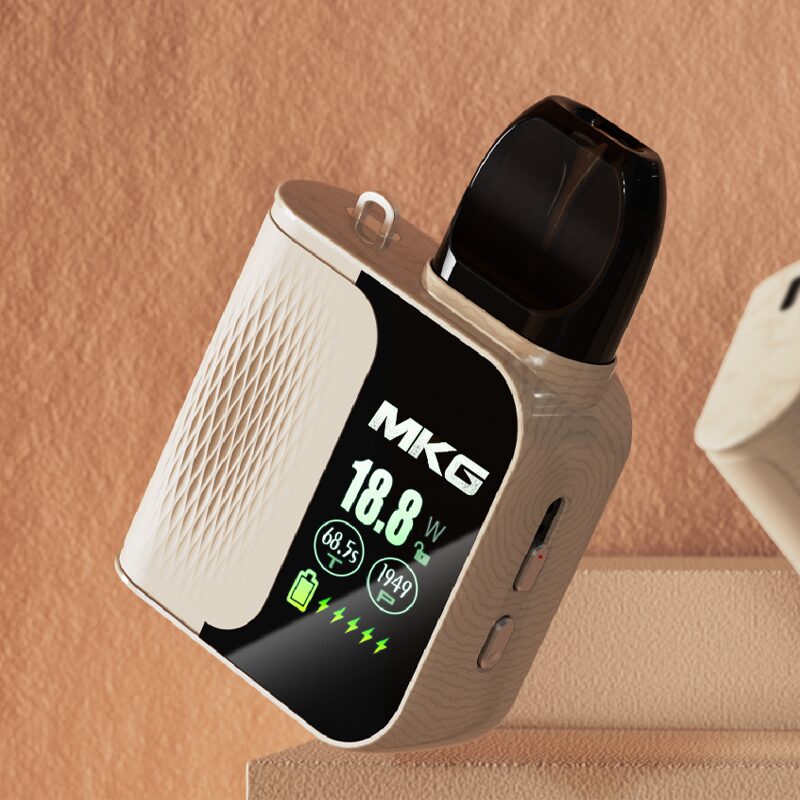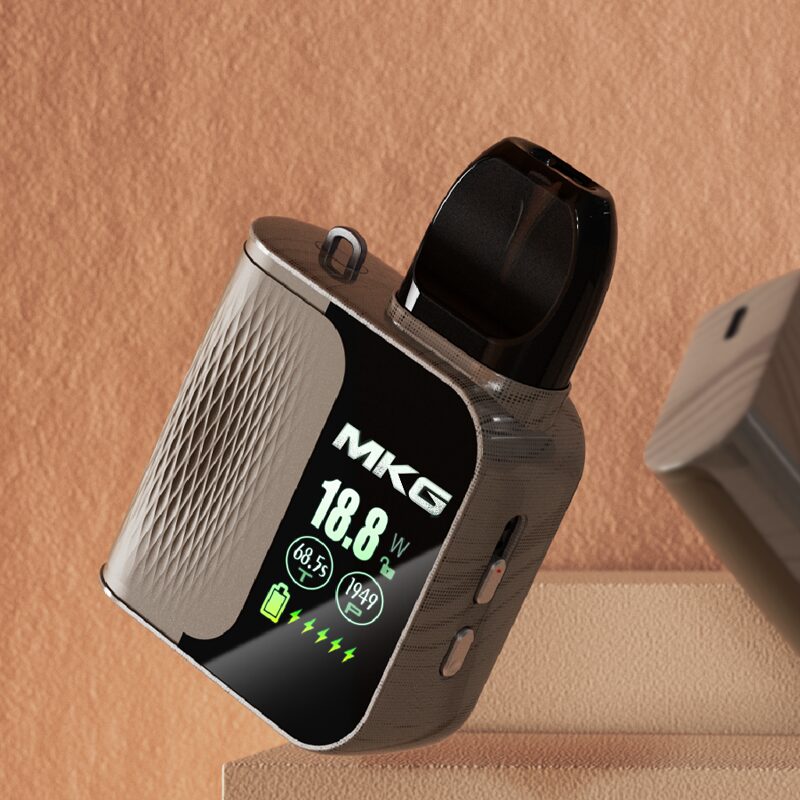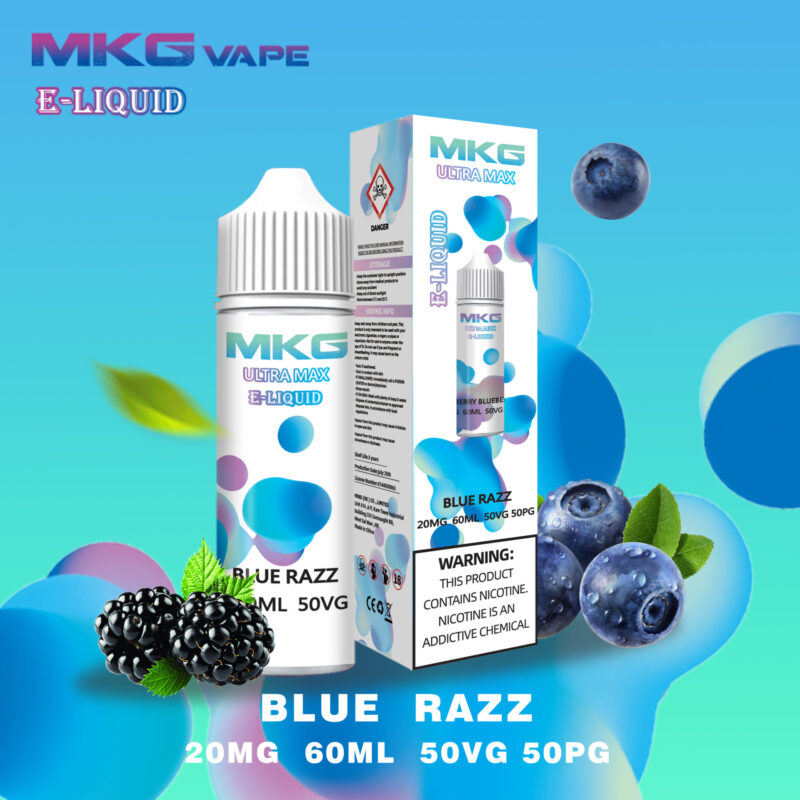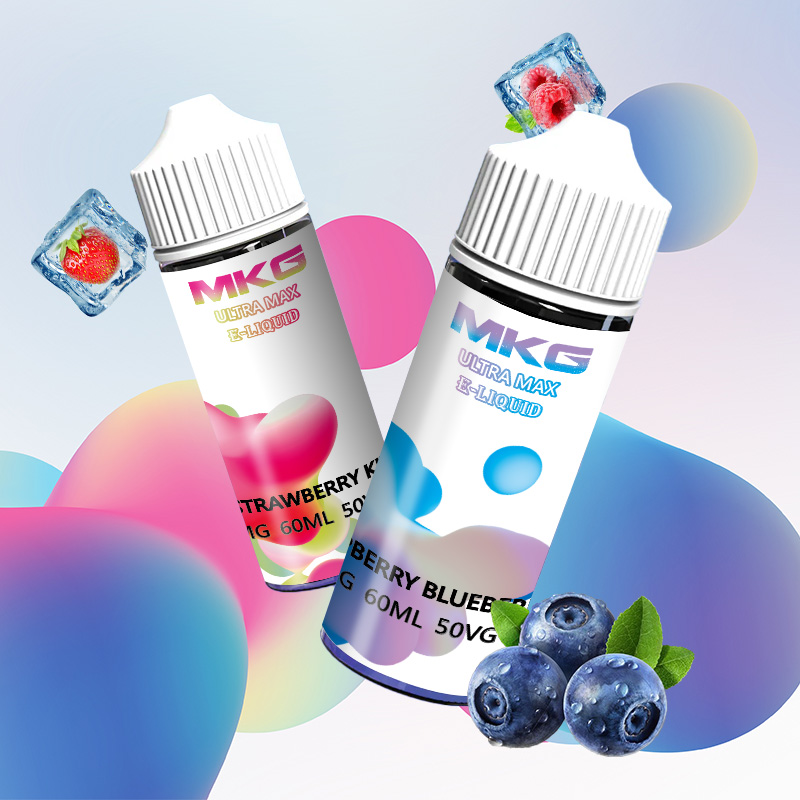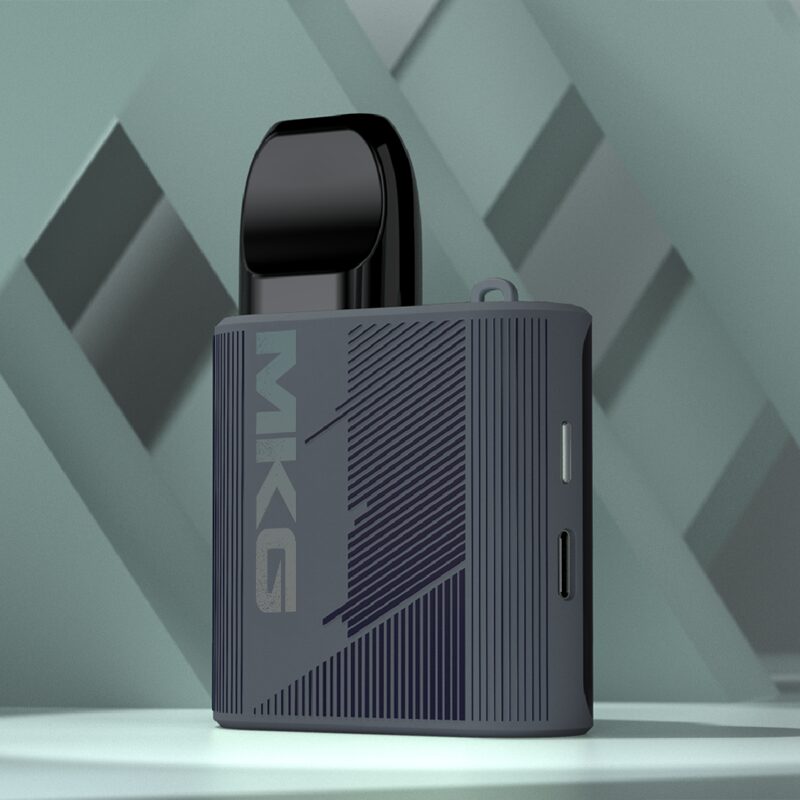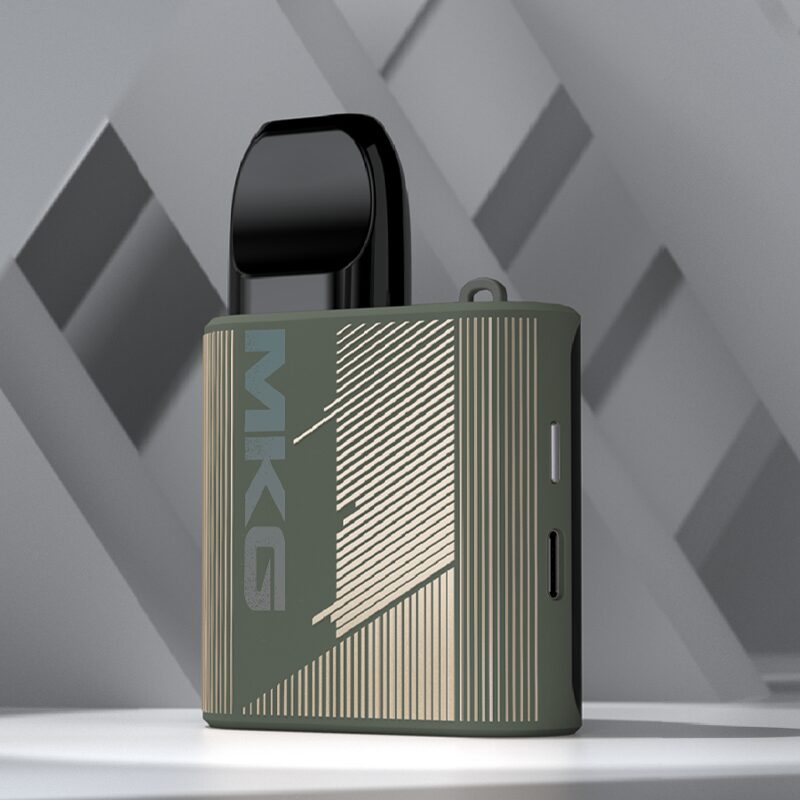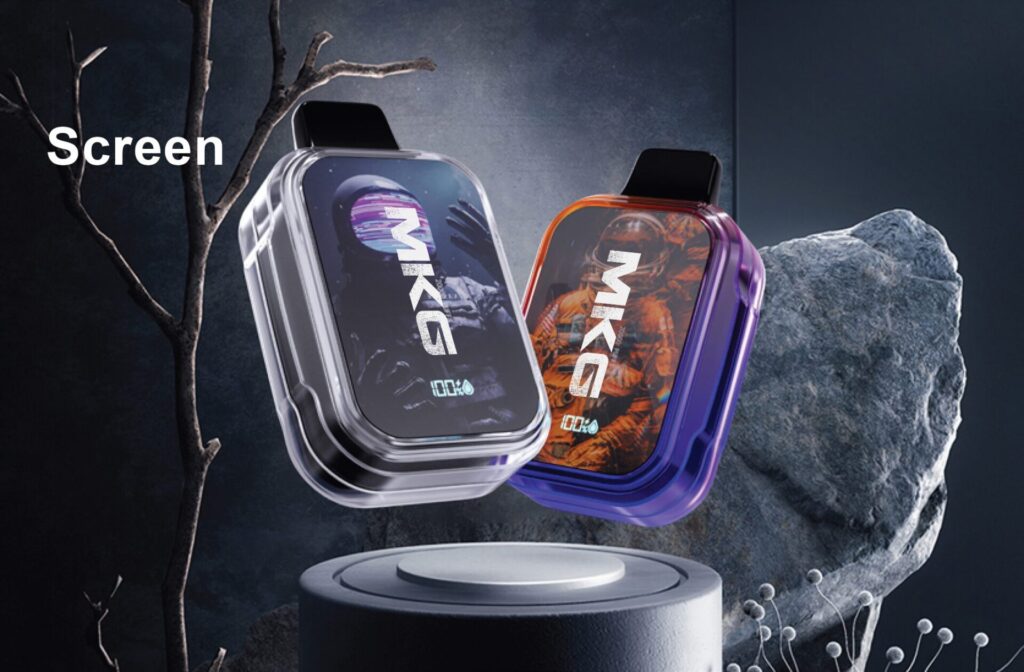On October 23 and 24, 2023, the U.S. FDA Center for Tobacco Products (CTP) held a public meeting on PMTA. The meeting lasted for two days, from 9 pm Beijing time to 4 am the next day. Dr. Yang Aoyu from the legal team of Zheng Mingwei of Beijing Bank of China (Shenzhen) Law Firm attended the entire meeting.
The content covered in the meeting includes: (1) Introduction to PMTA process and legal requirements; (2) Teaching how to fill in the PMTA application form and how to submit it; (3) All materials required to be submitted by PMTA; (4) Submission of product ingredient information and hazard assessment , Which substances are tested, and testing methods; (5) Product stability, shelf life, container substance dissolution assessment, which substances are tested, and testing methods; (6) Product addiction research, comparison with known addictive substances; (7) PMTA review of flavored e-cigarettes; (8) Product genetic toxicological assessment, carcinogenicity analysis, etc.
Regarding the PMTA review of flavored e-cigarettes, which may be the issue that e-cigarette companies are most concerned about, the FDA makes the following tips:
(1) The application materials must contain information that the product is beneficial to adult smokers before a substantive review will be conducted;
(2) FDA believes that there is no doubt that flavored e-cigarettes pose risks to teenagers. Flavored e-cigarettes will encourage teenagers to start smoking and increase the frequency of smokers’ use of e-cigarettes;
(3) FDA believes that the benefits of flavored e-cigarettes for adults (the effect of smoking cessation on adult smokers) need to be studied;
(4) The review condition of PMTA is that the product is beneficial to protecting public health. The evaluation factors include: the risks and benefits of the product to the overall population, whether current smokers will stop smoking, and whether non-smokers will start smoking;
(5) Advertising restrictions and sales restrictions must be reflected in the application, but this alone is not enough to meet the review conditions;
(6) Applicants need to provide evidence to prove that the benefits of their flavored e-cigarette products to adults outweigh the risks to adolescents;
(7) FDA recommends submitting two types of evidence: experimental evidence (randomized controlled trials) + observational evidence (long-term cohort studies, actual use studies); it is recommended that the study duration be at least 6 months, and studies shorter than 4 weeks are not very convincing.


